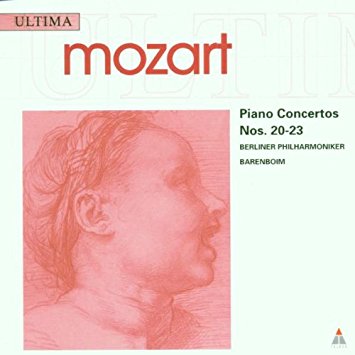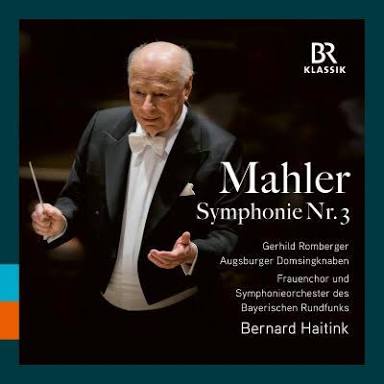Here are brief summations of the latest batch of vinyl LPs I bought (except for the Bruckner 8 and Four Seasons I mentioned earlier).
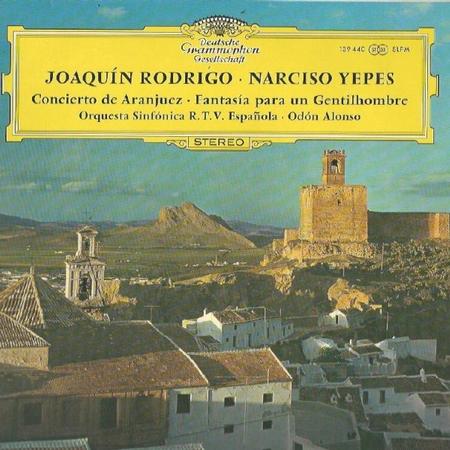
I already have the Speakers Corner Philips version with Pepe Romero and the Academy of St. Martin-in-the-Fields. The Romero version is a much later recording and typical of 1970s Philips multi-miking techniques, though it is a more atmospheric recording and conveys more of the hall ambience. The earlier Yepes version here is typical early 60's DG, though not abrasive in any way and more than listenable. Being early 60s DG it is very clear and detailed, but the guitar seems to exist in a slightly artificial soundstage almost as if Yepes was in a very small studio and his playing was mixed in with the orchestra at a later point (though it obviously wasn't - well I don't think so!!). But the close aspect of the guitar compared to orchestra is a little disconcerting compared to the more natural Romero recording. Both interpretations I like, however again I prefer the Romero version. This version, however, isn't at all bad and is a nice alternative. Both recordings have different couplings (Romero = Concierto Andaluz and Yepes = Fantasia para un Gentilhombre), so on that account, there is a reasonable argument to possess both versions.
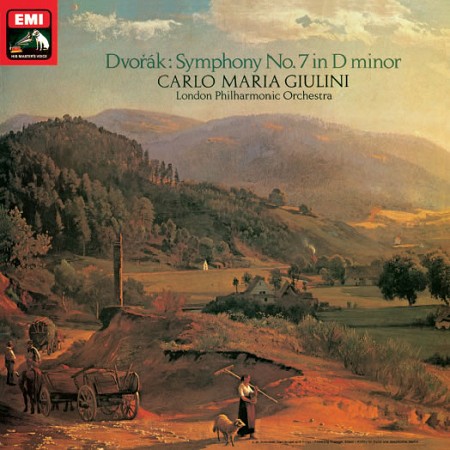
A 1970s era EMI, though an "audiophile" reissue from some years back (Acoustic Sounds still have new copies in stock). I'll never complain about any Giulini reading and the sound, although possessing some of that EMI "muddiness" typical of their 1970s era recordings, is quite natural if not the ultimate in detail. I've heard far worse EMI recordings and particularly far worse remasterings of EMI recordings. The recording lacks the dynamics of stalwarts such as Dorati's Mercury effort from the 60s but I can't blame the conductor or orchestra for that. Put it this way, if you like you music smoothed over with caramel topping, you will probably love this. My pressing was noteworthy in as much as it was pretty much flawless.
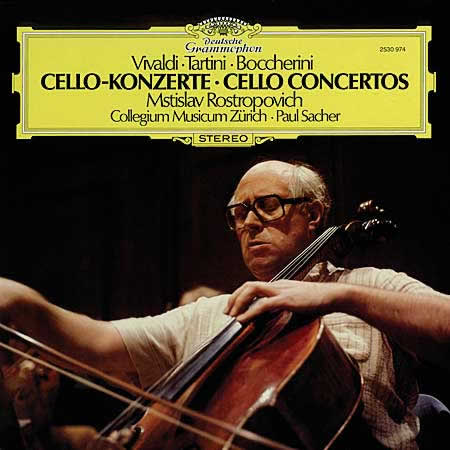
This is a Clearaudio reissue. Clearaudio reissues are not usually my first choice but since I like Rostropovich and like the repertoire, it was still a worthy purchase. The Clearaudio reissues seem to strive in some ways to emulate the features of original "golden era" vinyl issues. Whether they use tubes or not in the process, they sound like they do and yes, I suppose there is a bit of a vintage sound to their reissues compared to other reissues. But for a lightweight jaunt through the Baroque era, this was quite an enjoyable record. The sound isn't up to the best of DG's standards, however it is still a very pleasant listen and certainly nicer than any previous issues on any format that I have heard in the past.
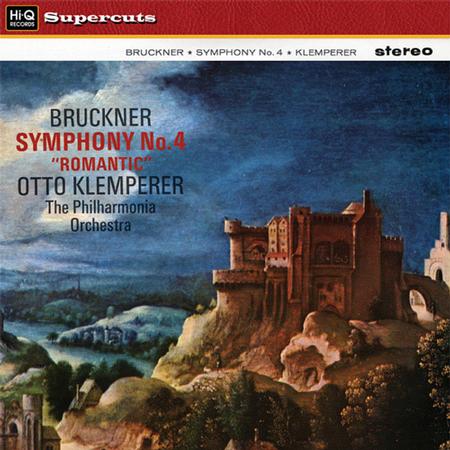
Another HiQ EMI reissue using their DMM process. The sound is reasonably good and comparable to the previous EMI reissue listed above, though there is more detail and less caramel syrup in this one

The orchestral playing isn't quite as cohesive as I have heard in other releases though I have no problems with the actual interpretation. I've found the quality of HiQ reissues to be extremely variable. Whilst my copy was admirably free of excessive ticks and pops, it did have an audible "whoosh" once per revolution throughout the entire first movement. Luckily it was at an extremely low level and for the most part the music masked it reasonably well. In the end though, Im not sure I can still recommend these pressings unless you are brave and forgiving of vinyl's natural pitfalls. I note that HiQ have not released anything new for a very long time, so I am wondering if they are now "done". Certainly Warner Classics seem to have gotten onto the EMI reissue bandwagon so perhaps we will see the majority of EMI vinyl record reissues coming from them from now on.
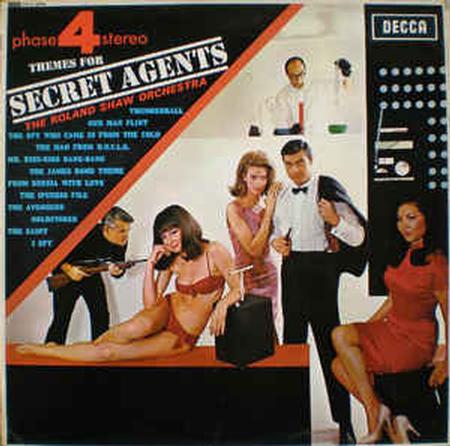
Ok, not classical. I know! But it WAS released by Decca Classics last month and was recorded using the Decca Classics "Phase 4" system. I only include it because it was a very pleasant diversion for me. The original recording was released right when I was born in 1966, so this sort of music pummelled my bedroom for the first years of my life (yes, we had a portable record player and Dad did buy Phase 4 recordings in the 60s, but he was more partial to those Will Glahe Oktoberfest extravaganzas!!). But I love this (sadly rather short) release. The contrived Phase 4 stereo processing actually works quite well in this recording, just as it did the Four Seasons recording I mentioned in a previous post.
Top marks for the batch I purchased however, has to go to the Speakers Corner Columbia reissue of David Oistrakh playing the Sibelius violin concerto with the Philadelphia under Ormandy. The recording was made in the magnificent acoustics of the Broadwood Hotel, which was ingeniously named after the fact that it sat on the corners of Broad and Wood Streets in Philadelphia

. I would rate the performance and the sound of this reissue as top-drawer by any standards. Everything that appeals to our finicky audiophile sensibilities is in abundance with this recording - depth, clarity, detail, balance, soundstaging, timbre, air - it is all there. Of course, some might complain that the violin balance is a little too far forward and certainly compared to a live concert it is. But personally speaking, I much prefer to take advantage of recording engineers being able to place microphones where human ears cannot go and to balance the sound accordingly so as to bring out as much inner detail as possible whilst retaining a sensible overall balance to the sound. I think they succeeded extraordinarily well here. There is actually quite a lot of noticeable tape hiss in this reissue (quite a lot more than I usually hear), but in one sense that to me is a tacit guarantee that at no point in time has anyone attempted to "improve" the sound or reduce the noise floor. For me of course, the hiss is not at all distracting, as it shouldn't be for any audiophile who enjoys recordings from the Golden Age.
As the second piece (The Swan of Tuonela) was winding up, I felt a profound sense of regret that this magnificent recording and performance venue fell victim to the wrecking ball some years after this recording was made, only to be replaced by a multistorey car park. Oh well, that is progress for you.


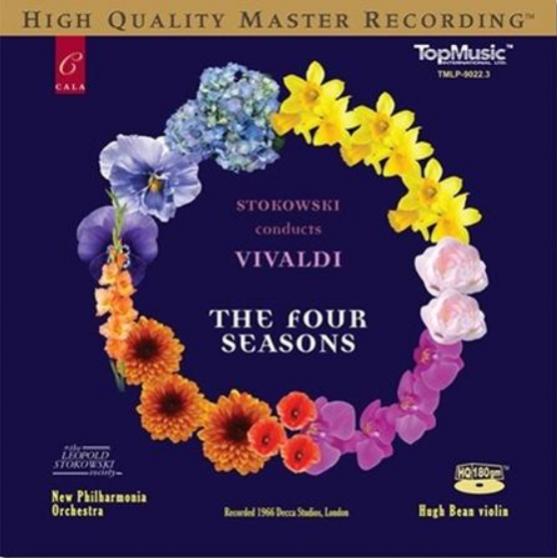











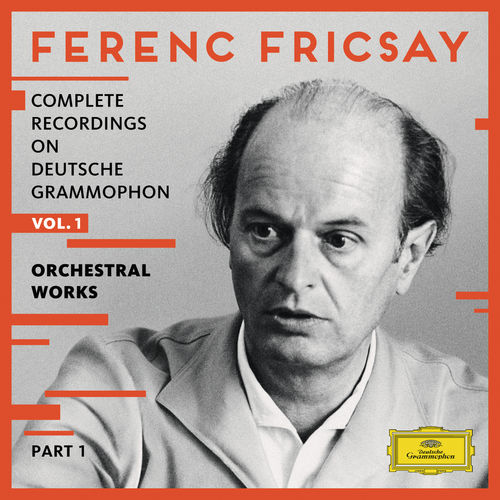
:format(jpeg):mode_rgb():quality(90)/discogs-images/R-7002721-1431438039-9085.jpeg.jpg)
